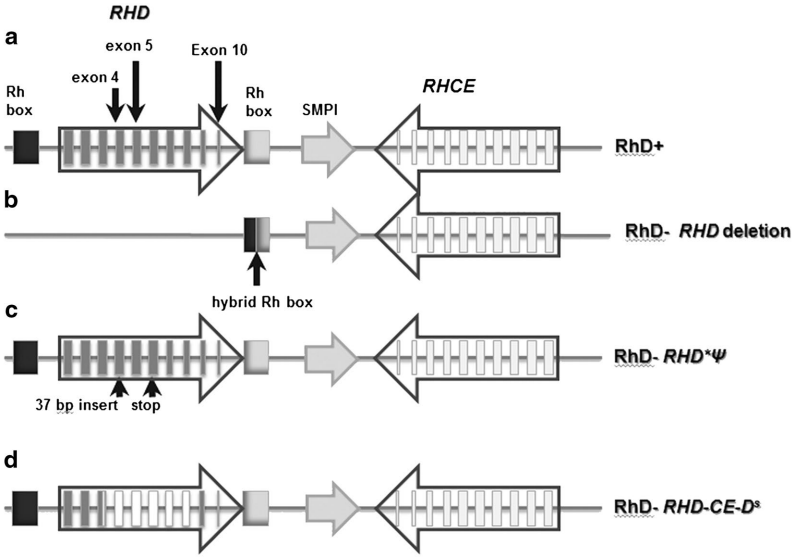NAA Services for Anti-Alloantibody D
Molecular red blood cell (RBC) antigen typing can facilitate complex antibody evaluations and guide RBC selection for patients with different diseases, including thalassemia, autoimmune hemolytic anemia and sickle cell disease (SCD). As a long-term expert in natural autoantibody (NAA) and RBC antigen analysis, Creative Biolabs owns lots of scientists who are proficient in blood group genotyping technique. Our professional scientists are pleased to provide the custom anti-D antigen services to guide RBC selection of thalassemia.
Background of Anti-D Antibody
The Rhesus D (RhD) protein is encoded by RHD gene. The D antigen is a collection of conformation-dependent epitopes along the entire RhD protein and accounts for about 50% of cases of maternal alloimmunization. After A and B, D antigen is the most important RBC antigen in transfusion practice. Anti-D antibodies are produced by blood transfusion or pregnancy exposure to D antigen, which is more immunogenic than all other RBC antigens. Anti-D is the most common form of severe hemolytic disease of the fetus and the newborn (HDFN) which varies from mild to severe. Individuals who lack D antigen are prone to anti-D immunised. Routine prenatal RhD and alloanti-D screening for women is a tool that can be used to identify important maternal risk factors for neonatal risk of HDFN.
 Fig.1 Schematic structure of the RHD locus.1
Fig.1 Schematic structure of the RHD locus.1
The Role of Anti-D Antibody in Thalassemia
Over the past 40 years, disorders of haemoglobin synthesis (thalassaemia) and structure (such as sickle cell disease, SCD) have been investigated and characterised in detail. However, treatment of thalassaemia is still largely dependent on supportive care with blood transfusion and iron chelation. Alloimmunization is common in patients with thalassemia requiring chronic RBC transfusions. The common antibodies identified in patients with thalassemia are normally anti-K, anti-D, anti-C, anti-E, anti-Jk(b), and anti-Cw. Typing patients and donors to match for Rh and Kell antigens would prevent more than 90% of RBC alloantibodies and reduce the frequency of transfusion in thalassemia patients.
What We Can Do about NAA?
With our well-established platform and experienced scientists, we can provide comprehensive NAA services, including NAA detection, NAA analysis, NAA epitope mapping and so on. At present, a wide spectrum of NAA products is available for your choice.
Features of our Anti-D Services Including but Not Limited to
- Higher sensitivity potential
- Customized services
- Shorter turnaround times
- Best after-sale service
Blood group genotyping has vital importance in transfusion management of chronically transfused patients especially if the patients were not phenotyped before starting the initial transfusions. Creative Biolabs has been focusing on thalassemia diseases by analyzing the related RBC antigens and their antibodies. With pleasure, we can tailor high-quality services against anti-D. If you are interested in our services, please do not hesitate to contact us for more details.
Reference
- Papasavva, Thessalia, et al. "Prevalence of RhD status and clinical application of non-invasive prenatal determination of fetal RHD in maternal plasma: a 5 year experience in Cyprus." BMC research notes 9.1 (2016): 1-8.
Related Services:
- NAA Services for Anti-Alloantibody Xg
- NAA Services for Anti-K Antibody
- NAA Services for Anti-E Antibody
- NAA Services for Anti-C Antibody
- NAA Services for Anti-JKᵇ
- NAA Services for Anti-Alloantibody Cᵂ

